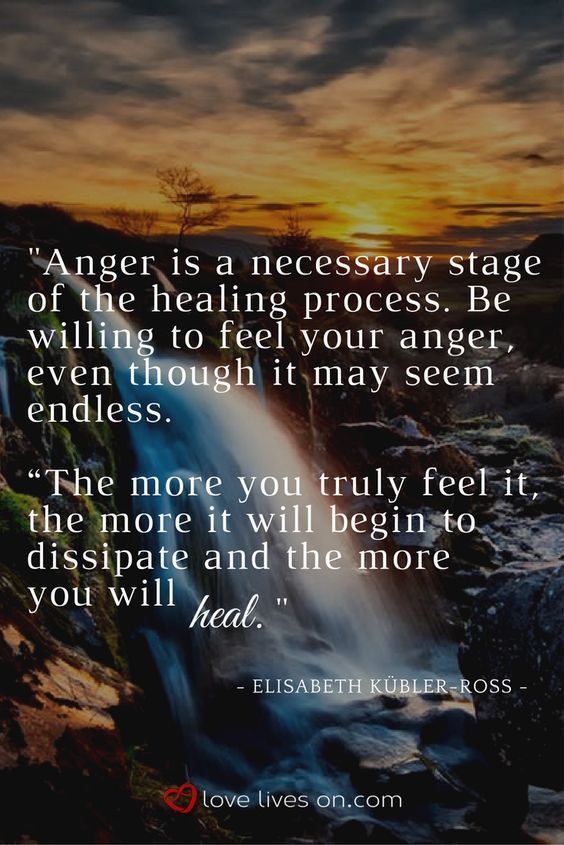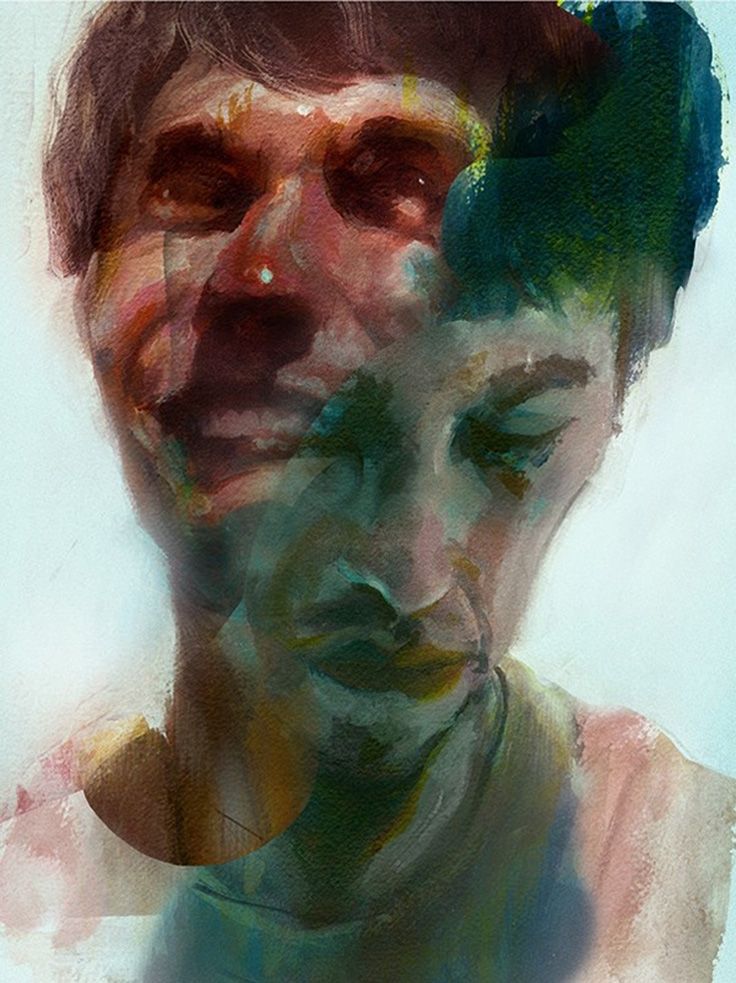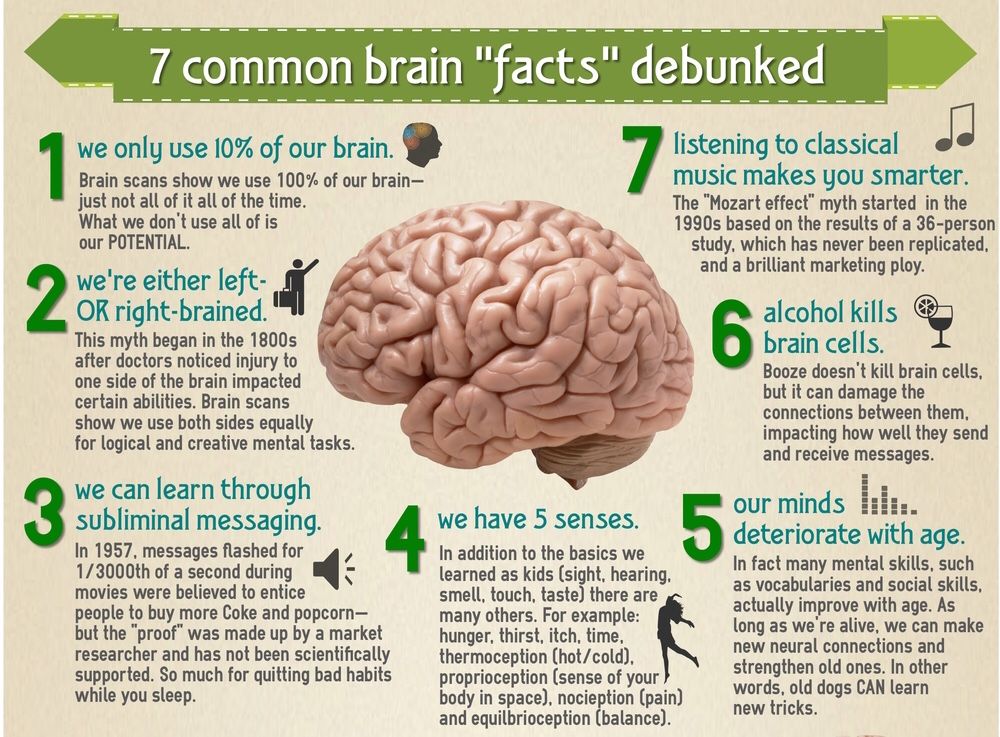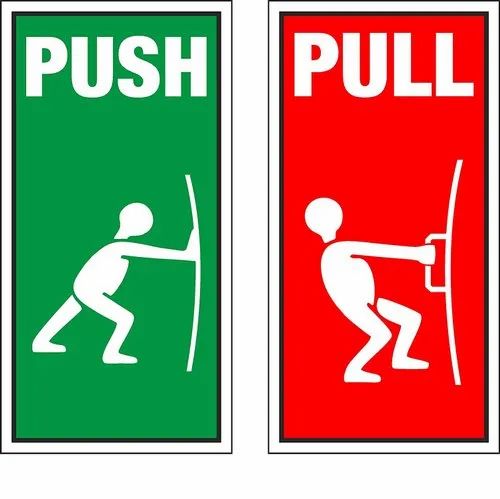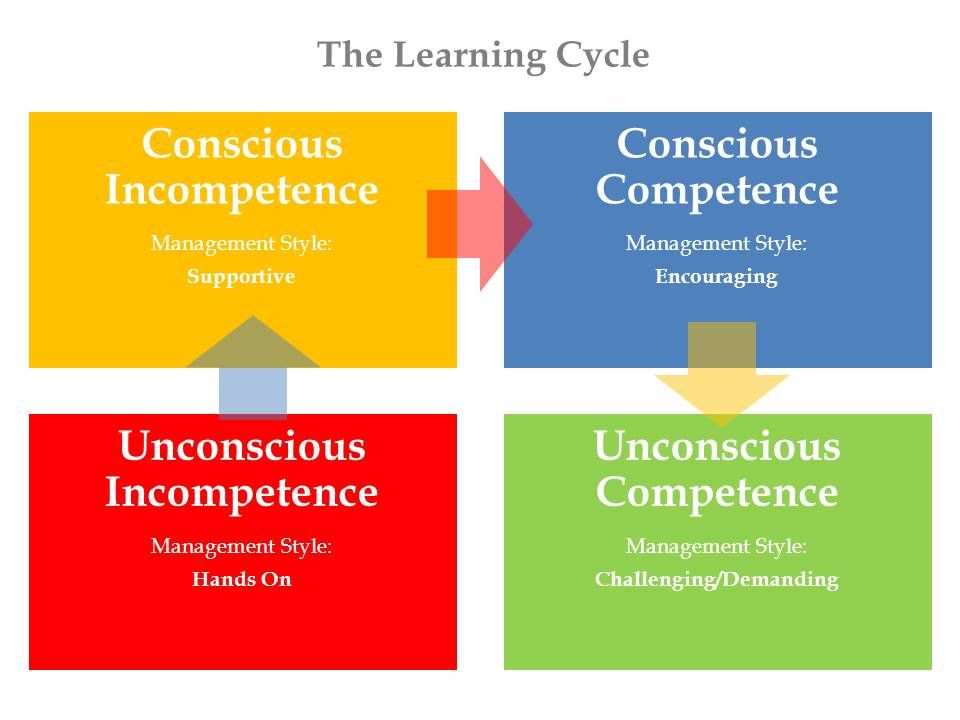How do you read your dreams
Can You Analyze Your Own Dreams? Yes, and Here's How
Dream interpretation can offer new perspectives into the nature of your mind, but it isn’t backed by research and might be best practiced with the help of a psychotherapist.
Dreams may reveal information about your emotions and thoughts, although in ways open to interpretation.
A good starting place for dream analysis is identifying common symbols and understanding what they might mean for you specifically.
Interpreting your dreams is likely to result in better results when you work with a psychotherapist specializing in dream analysis.
To interpret your dreams is to identify specific elements and try to understand if they hold any significance to you.
Dream interpretation has been used as a therapeutic tool. It may serve as a self-awareness resource when digging deeper into your subconscious and emotional state, and when you’re working on finding peace of mind.
Both Jungian theory and Gestalt therapy, for example, have included elements of dream analysis in their therapeutic approaches.
Jungian dream analysis considers individual symbols of each dream to be of great importance. These symbols may relate to your childhood experiences, spiritual perspectives, or culture.
For example, dreaming of a red hat lying on the floor of your high school could represent a present concern about your appearance or a need for social appreciation, something that you may have also felt when you were a teen.
A large aspect of dream interpretation considers your associations and what each symbol means to you personally. In that sense, interpreting your own dreams can be very effective.
In Gestalt therapy, dreams may be considered messages from your subconscious mind. In this approach, dreams may be viewed as expressions of your personality that could require unification or attention.
Contrary to the Jungian analysis, Gestalt dream interpretation may not be about working with specific symbols but rather identifying the aspects of your personality that may need attention and bringing awareness to them.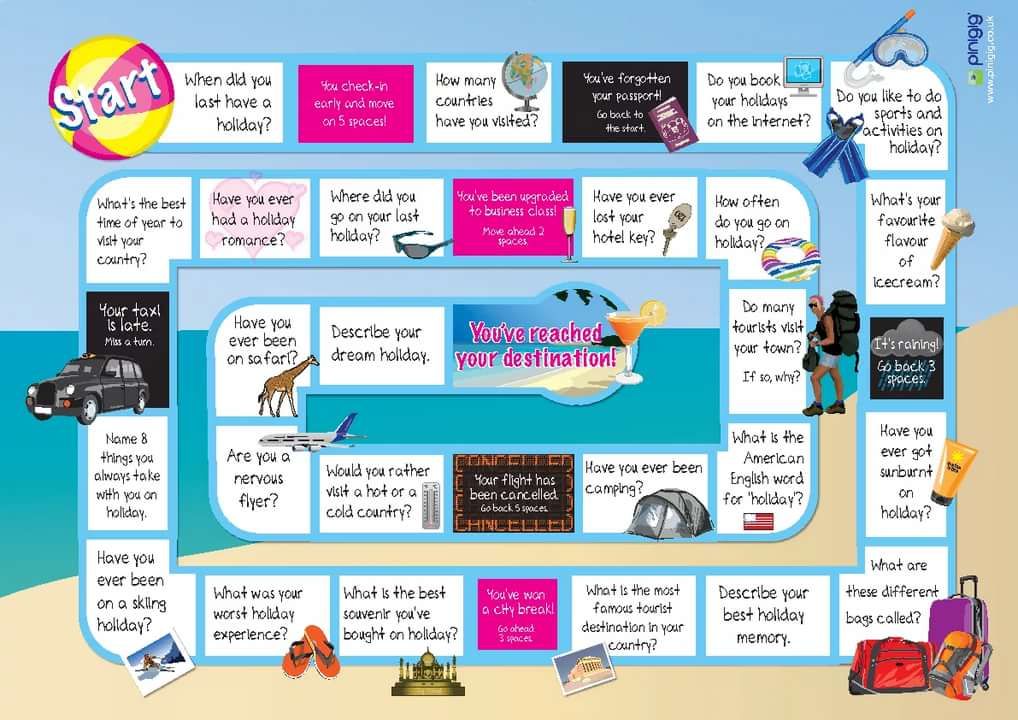
Research on symbols or interpretations of dreams is limited and inconclusive, however.
The relationship between your mental health and what you dream about hasn’t been established yet, but some evidence suggests there is indeed a connection.
A 2018 study indicated that someone’s waking mental well-being might influence the content of dreams.
For example, researchers found that experiencing peace of mind before falling asleep was linked to a higher chance of pleasant dream experiences. On the other hand, anxiety typically led to negative dream affect.
Study authors suggested that based on these preliminary findings, dreams have the potential of being mental health markers, giving you insights into your mental well-being.
And since dreams do often involve emotional responses, it’s also been hypothesized that they may help you process and manage emotions. They would serve as a way to emotionally reset and could prepare you for any emotional challenges you may face the following day.
Some experts believe there’s a connection between the sleep cycle and your emotional state.
Lack of sleep may lead to mental health symptoms while achieving the REM cycle — a stage where you tend to experience vivid dreams — could be linked to mental health benefits.
In any case, more research on this topic may be needed.
You can explore dream interpretation by becoming familiar with common symbols. These symbols may mean many things, so keeping context and personal significance in mind is recommended.
Consider asking these questions when identifying symbols in your dreams:
- What was the symbol or object doing in your dream?
- What did it look like?
- Where was it?
- How did you feel about it while you were dreaming?
- How do you feel now when you think of it?
- What is the first thing that comes to mind when you think of this symbol in your dream?
Here are some of the most common symbols in dreams and what they could mean:
House or room
Houses and rooms can represent unexplored aspects of yourself.
For example, if the house or room was frightening, it could represent an aspect of yourself that you may feel fearful about exploring.
Looking into other symbols in the same dream scene may help you develop possible personal meanings.
Dog
As a source of affection for many people in the waking state, dogs can represent a need for love or affection.
If you’re fearful of dogs or dream of an aggressive one, it may mean you’re sensing danger about a specific situation or person, or you may feel hurt by someone and haven’t yet become aware of it.
Teeth
Teeth can be symbols of aggression, assertiveness, or your “bite.”
Dreaming of falling teeth may indicate you’re experiencing intense stress or anxiety. It could also mean you’re fearful or concerned about a lack of control and power in your life.
Guns
Weapons such as guns typically involve themes surrounding personal power or control.
Dreaming of using weapons may be linked to the desire to hurt someone or have them disappear from your life.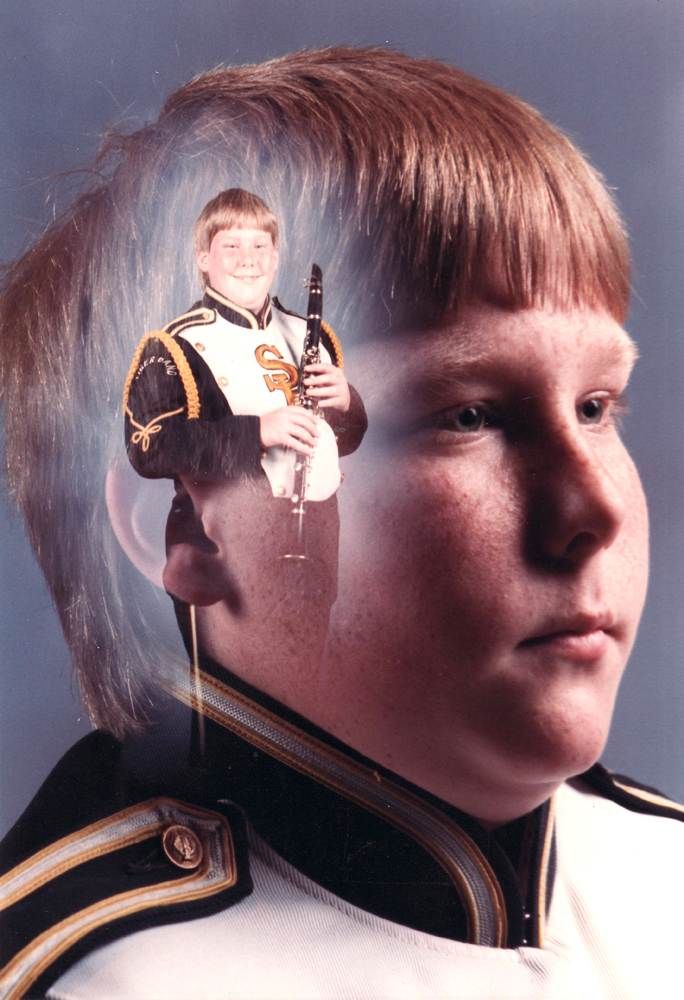 If you’re being hurt in the dream, it could mean you feel vulnerable in a situation or with a person.
If you’re being hurt in the dream, it could mean you feel vulnerable in a situation or with a person.
Friends and family
People who appear in your dreams may reflect parts of your own personality. Analyzing these dreams may help to think about what the person was doing in the dream and what part of yourself you think may be shown to you through the other person.
Water
Water may be a symbol of your emotions. If the water appears still and murky, it could represent a disconnect from your emotional state or the need to explore your own emotions.
Driving
Driving can be thought of as a type of forward momentum. If the car doesn’t start, you may feel stagnant or stuck. If the car is running smoothly, maybe you feel you’re making good progress on your life path.
Falls
If you dream about falling, you may be dealing with control challenges in your life.
If you felt relieved about falling, or it was a pleasant sensation in the dream, you may be letting go of some emotional weight and may now feel relieved.
If you felt scared while falling in your dream, you could be having a hard time not being able to control everything around you. It could also mean that you feel you’re letting someone down.
Interpreting your dreams takes patience, practice, and an open mind. It may be a good idea to remember that you give meaning to your own dreams by identifying symbols and thinking about what they mean to you personally.
The same dream can mean different things to different people in this sense. The same dream could also mean different things to you, depending on when you dream it.
Here are some tips to start analyzing your dreams:
1. Try to recall your dreams every day
The best time to recall your dreams is as soon as you wake up, while the dream is still fresh.
If you tend to wake up during the night, it might help to have a notebook next to the bed to record your dream before you fall asleep again. Recording a voice memo on your phone may also help.
It’s natural to only remember fragments of your dreams at first. They may seem vague or meaningless. The more you practice recalling them, the more details you’ll remember from your dreams.
They may seem vague or meaningless. The more you practice recalling them, the more details you’ll remember from your dreams.
2. Consider keeping a dream diary
In addition to writing or recording aspects of your dreams as soon as you wake up, keeping a more in-depth diary may help you with dream interpretation.
Based on your notes when you wake up, try to write down as much detail as you can remember. As you write every aspect of the dream, include how you feel or felt about those symbols or scenes.
If any ideas or memories come to you while you write about your dream, make a special note. These ideas, memories, or emotions give you more clues about what the dream may mean to you.
3. Telling someone about your dreams can help
Sometimes, it’s about how you describe a dream more than the dream itself.
As you tell someone else about your dream, try to become aware of how you describe specific symbols that may not be as clear at first.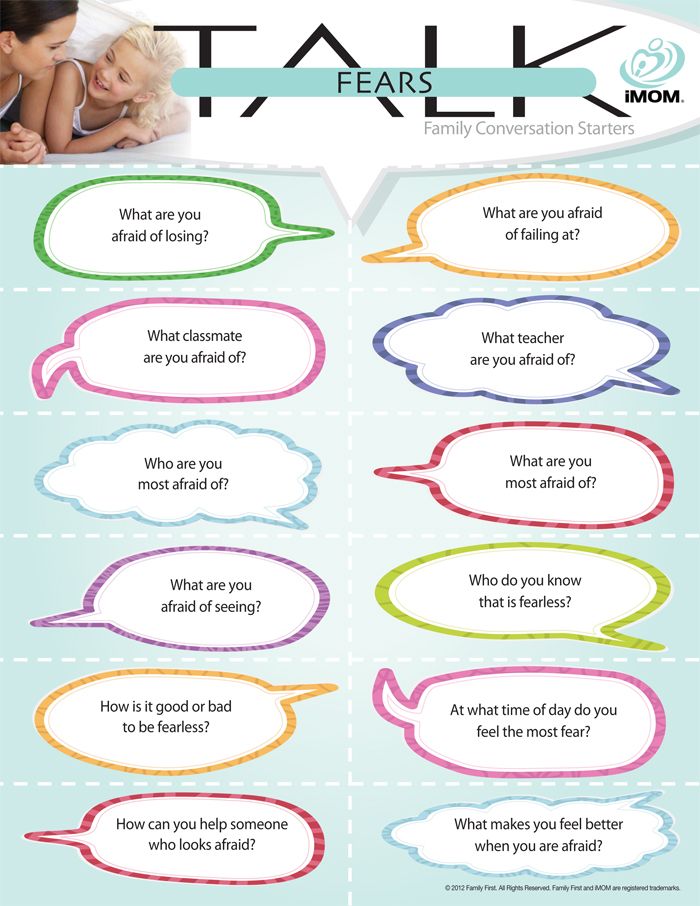
Talking about your dreams with a psychotherapist may be particularly beneficial when trying to analyze them. They may be able to give you feedback about specific words you used or facial expressions you made, which could also add to the dream interpretation.
4. Try to identify symbols and associations
Once you write details about your dreams, try to read your notes again to identify hidden symbols that you may have missed at first.
Maybe you dreamed about cooking with your grandmother, which you wrote in your notes.
On a closer look, you may remember it wasn’t your grandmother’s kitchen or that all the windows were open and the wind was blowing inside the kitchen.
These aspects of your dream may also hint at the possible meaning of the dream.
Dream analysis can become an interesting tool for exploring your mental and emotional health.
You can interpret your dreams by learning more about common symbols, keeping a dream diary, and trying to identify personal associations.
Dream analysis may be better achieved by working with a psychotherapist. They might be able to link different aspects of your dreams and ask you specific questions that could lead to more profound insight.
How to Interpret Your Dreams
By Katie Arnold-Ratliff
Photo: Kladyk/iStock/Thinkstock
During REM sleep, your subconscious puts on a fantastic show—but the plot can be tough to follow. (Why were you on a trampoline in Indonesia?) "A central function of dreams is to allow us access to thoughts and feelings we may not be aware of," says Mark Smaller, PhD, president of the American Psychoanalytic Association. We asked Smaller to explain the dream-deciphering process. Just grab a pencil and take a dip into your subconscious.
Step 1
As soon as you wake up, write down everything you can recall about your dream, recording as many objects, people and locations as possible.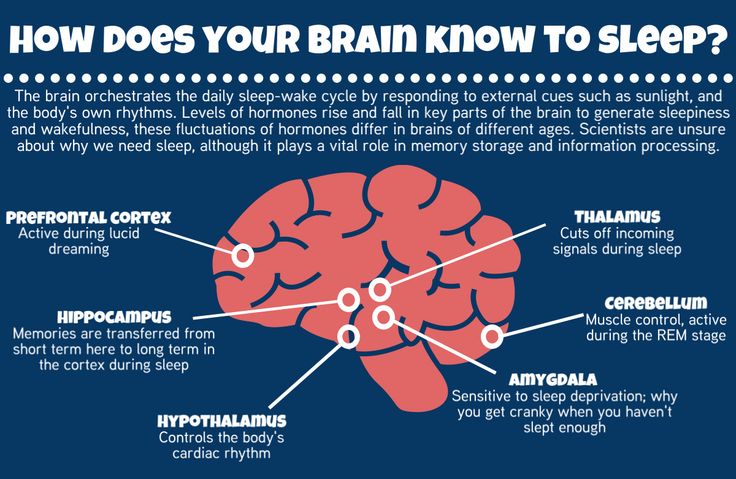 Says Smaller, "One of Freud's greatest discoveries was that tiny elements of your dreams can point to big issues. A lot of information gets condensed into a small detail."
Says Smaller, "One of Freud's greatest discoveries was that tiny elements of your dreams can point to big issues. A lot of information gets condensed into a small detail."
Step 2
Write down the association each detail carries for you. For example, if the dream took place in your childhood home, consider what's significant about that place and how it might relate to the larger premise of the dream.
Step 3
Write down the emotions the dream sparked. Were you exhilarated, afraid, upset, giddy? How about when you woke up?
Step 4
Ask yourself what else in your life inspires these same emotions. For example, if your childhood home reminds you of being bullied by your older brother, think about what's happening in your life now that parallels that experience.
Step 5
Return to your list of associations and try to combine them into a single narrative. (Your childhood home reminds you of being bullied.... The orange you were eating reminds you of Florida.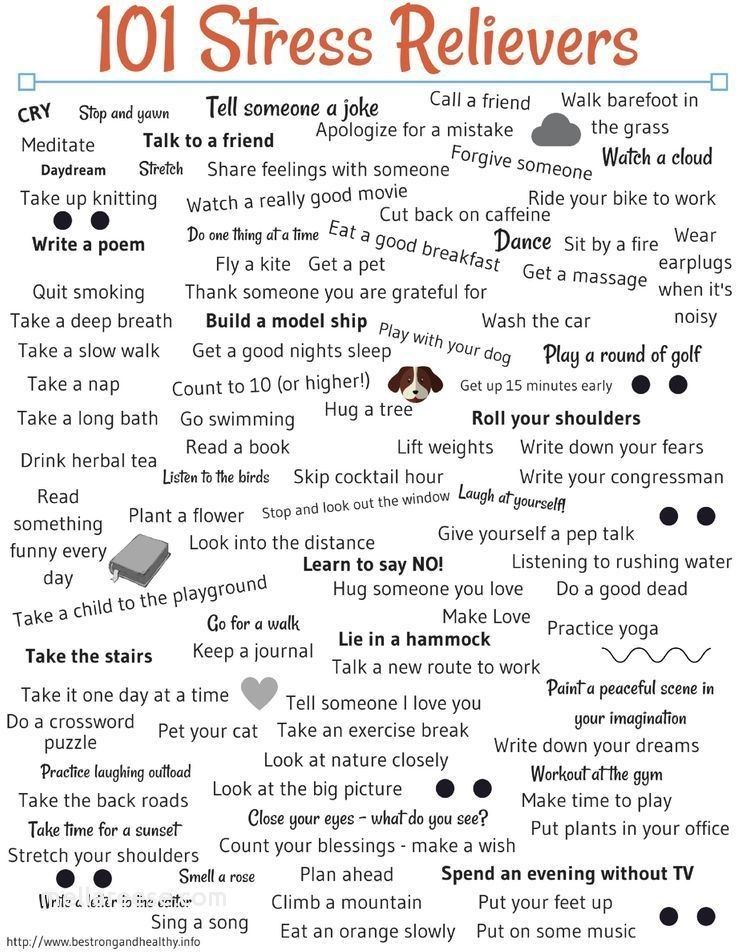 ... Your boss, who grew up in Miami, was pretty aggressive with you in that meeting yesterday....) Then go forth into your waking life armed with greater insight into what's going on in your head.
... Your boss, who grew up in Miami, was pretty aggressive with you in that meeting yesterday....) Then go forth into your waking life armed with greater insight into what's going on in your head.
To kick-start your analysis, Smaller shares the meanings of three common dreams...
Dream: Your Teeth Fall Out
Possible meaning: "If in the dream you can't speak, you may be feeling in waking life that there's something you don't want to—or can't—say. If you can't eat in the dream, it may be about unfulfilled desires (in fact, some interpret this dream as inherently sexual). Perhaps there's something you're hungry for."
Dream: You Cheat On Your Partner, Or Vice Versa
Possible meaning: "First off, why now? What's happening in your relationship that's bringing this to the surface? The dream may be a measure of your anxiety about your partner—or it could also be that you saw someone attractive on the bus.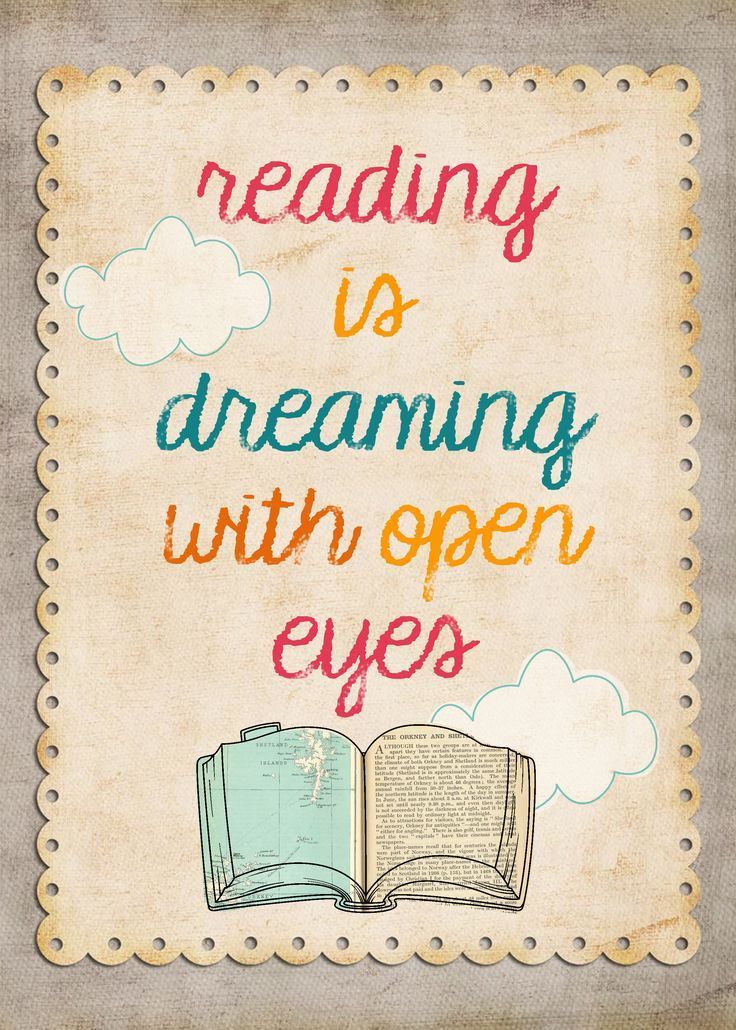 Not all dreams have a deeper meaning."
Not all dreams have a deeper meaning."
Dream: Seeing a UFO
Possible meaning: "Maybe it sounds obvious, but the key word here is invasion. Is something unwelcome intruding on your space right now? And consider what we know about heavy machinery: It doesn't have feelings. Does that describe you—are you feeling dulled, like you're on autopilot?"
From the September 2014 issue of O, The Oprah Magazine
NEXT STORY
How to learn to read dreams
How to start understanding your dreams? What signs can appear to us when we sleep? And what should you pay special attention to? Astro7 experts told us how to learn to read your dreams.
Kristina Gudikhina
Tags:
Astrology
Astro7
Fotobank / Getty Images
At all times, people have tried to interpret and understand dreams. To date, there are more than a dozen scientific theories that explain the mysterious nature of dreams. But none of the scientists can reliably explain what happens to a person when he sleeps and dreams. Astro7 experts will help decipher the signs received during a night's rest, who told us about the types of sleep and how to interpret them. nine0003
To date, there are more than a dozen scientific theories that explain the mysterious nature of dreams. But none of the scientists can reliably explain what happens to a person when he sleeps and dreams. Astro7 experts will help decipher the signs received during a night's rest, who told us about the types of sleep and how to interpret them. nine0003
Theory of subtle energy
How often do you dream about your relatives and friends, colleagues and friends? You don't seem to think about them, but you know for sure. Seeing in a dream a person with whom you maintain an energy connection, you can talk about an esoteric phenomenon - when a person thinks about you, he appears in a dream. “I dreamed of a fan? So, he thinks about you, ”my mother told us in her youth. Not all of us have such dreams. Only people who can control their own dreams. For example, those who know how to interrupt a bad dream or realize in a dream that dreams are not reality.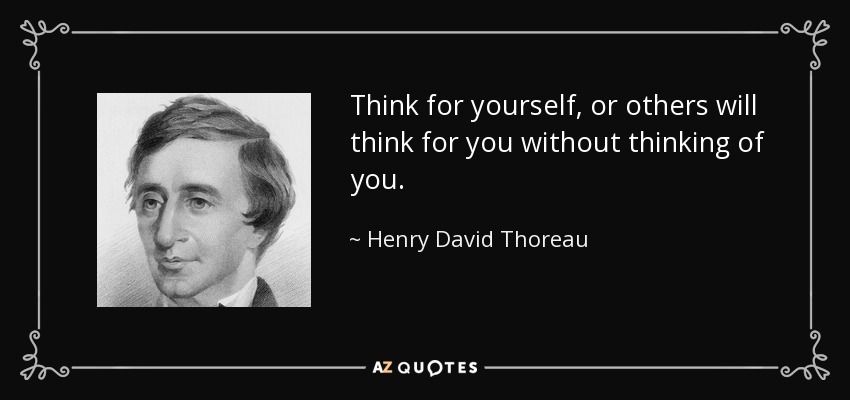 nine0003
nine0003
Sometimes a dream intended for you personally can be seen by a relative or a close person. Are you in a depressed mood? Most likely, the dream of your loved one, sleeping next to you on a pillow, was meant for you.
Such dreams cannot be ignored. Often they warn against mistakes and warn of troubles, report possible pleasant events.
Telepathic communication and dreams with dead people
Many of us are afraid of dreams in which dead relatives and close people appear. You should not be afraid, but you should definitely treat the dream with special attention. Especially if in a dream you saw a dead person for 40 days. In Orthodoxy and esoteric practices, there is a belief that it is at this time that the soul is on Earth and leaves it only on the 41st day. If you dreamed of a dead person after the 40th day, most likely you are just thinking about him. nine0003
Prophetic dreams
Not many people manage to see prophetic dreams, which are an accurate reflection of future events. Some do not see them at all, others can only see a sketch. Prophetic dreams come to those who can perceive and interpret such stories. Did you notice "déjà vu" behind you? You come to a restaurant, sit down at a table, read the menu and suddenly you get the feeling that somewhere you saw it all. But where? Most likely, in her own dream, which she simply did not remember. nine0003
Some do not see them at all, others can only see a sketch. Prophetic dreams come to those who can perceive and interpret such stories. Did you notice "déjà vu" behind you? You come to a restaurant, sit down at a table, read the menu and suddenly you get the feeling that somewhere you saw it all. But where? Most likely, in her own dream, which she simply did not remember. nine0003
Alchemical interpretations
This method is the most difficult, since the interpretation of dreams is connected with the dynamics of the world. It's hard to explain, so let's take a simple example. You dream that you are chronically late. You are constantly looking at your watch, running somewhere, postponing meetings and negotiations. Interpretation of sleep: you are in a hurry to live, because your indefatigable energy speeds up time.
The interpretation of dreams is not just an exciting process, but a real opportunity to make your own life better. Try to memorize the signs seen during the night's rest, write them down and interpret them. By comparing your version with the events taking place in life, you will eventually be able to interpret them with almost 100% accuracy. nine0003
Try to memorize the signs seen during the night's rest, write them down and interpret them. By comparing your version with the events taking place in life, you will eventually be able to interpret them with almost 100% accuracy. nine0003
The material was prepared with the help of Astro7.ru service experts.
The best psychics, astrologers and fortune tellers in Russia and the CIS — the first consultation is FREE.
7 reasons to write down your dreams
September 18, 2022 Inspiration
We draw inspiration and travel through the subconscious without getting out of bed.
You can listen to the article. If it's more convenient for you, turn on the podcast.
1. It reduces stress and teaches you how to overcome anxiety
Try to remember how many of your dreams have an unambiguously positive and cheerful plot? Most likely, there are fewer of them than disturbing dreams. Quite often we see how something or someone is chasing us, and we are running away. Or we find ourselves in a hopeless situation when something threatens our life. Hello, ladders that you can't climb down, or endless fences that you can't climb no matter how hard you climb.
Or we find ourselves in a hopeless situation when something threatens our life. Hello, ladders that you can't climb down, or endless fences that you can't climb no matter how hard you climb.
Scientist Antti Revonsuo noticed that the part of the brain called the amygdala, which is responsible for the implementation of the instincts "fight or flight", is most active in the phase of REM sleep. And he proposed the “danger simulation theory”: in his opinion, in a dream we work out our behavior in life-threatening situations. nine0003
Antti Revonsuo
Finnish psychologist and neuroscientist, philosopher of consciousness.
Dreams allow us to replay the situation that frightened us in a safe environment and develop the appropriate skills: to cope with such threats if they really threaten life, or to recognize circumstances that pose no danger.
Keeping records in general helps to reduce stress levels and increase psychological resilience, and a dream diary is no exception. By writing down your dreams, even frightening ones, you will begin to perceive them more calmly - like watching an exciting thriller - and you will not suffer from nightmares. nine0003
By writing down your dreams, even frightening ones, you will begin to perceive them more calmly - like watching an exciting thriller - and you will not suffer from nightmares. nine0003
2. Recordings help to observe the subconscious
Carl Gustav Jung called dreams the door to the subconscious. And a dream diary allows you to look into this very subconscious to explore your own emotions.
Carl Gustav Jung
Swiss psychiatrist and educator, founder of analytical psychology.
The dream is a small, well-hidden door that leads to that primordial cosmic night, which was the soul before the emergence of consciousness.
Our dreams are based on real life events. Very often we dream of the same places or events over and over again. In the sleep diary, you can track emerging patterns, and thereby guess what the subconscious mind is trying to tell you: what worries you and what pleases you. And re-reading the notes after some time - for example, a year or two - you can correlate their content with certain events in your life.
Find out more 🤔
- 10 dream scenarios that speak of constant anxiety
3. Recording dreams improves your memory
Dreams are fleeting, they are quickly forgotten. At the moment of awakening, you still quite clearly remember what you dreamed about, but 1-2 minutes pass, and all these thoughts simply disappear from your memory.
However, there is a funny pattern. If you write down your dream immediately after waking up, in the future, when you re-read the recording, you will reproduce it in your head quite vividly, even if many details were missed in the text. Think of it as a kind of memory exercise. nine0003
4. The diary will help you dive into lucid dreams
Lucid dreams are dreams during which you realize that you are dreaming. In such a dream, you can control your actions. It's very exciting: you explore the places created by your subconscious and meet familiar people from the real world or various fantastic creatures there.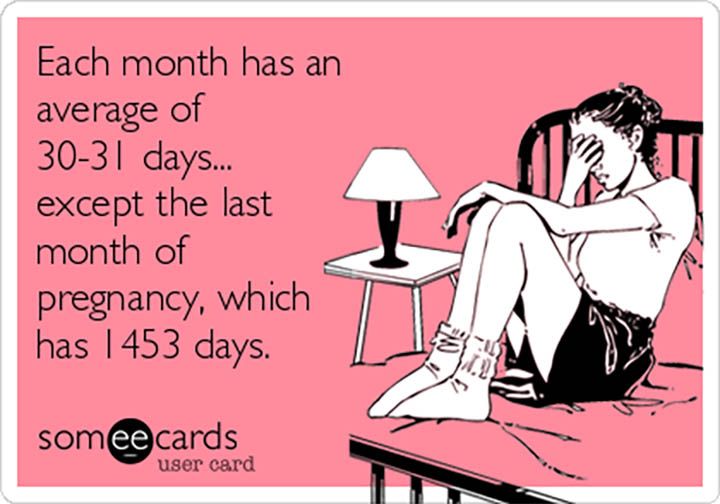 Fun practice, highly recommended.
Fun practice, highly recommended.
Half of the people in the world have had such dreams at least once in their lives, they can be caused artificially. This is not only interesting, but also useful, because it helps to develop the areas of the brain responsible for logical thinking and willpower. nine0003
A sleep diary will help you immerse yourself in lucid dreams. With it, you can track which places, events and characters are present in your dreams, and even "inspect" the dream. If you missed the fun because you were awakened in the morning, write down what you dreamed about. And falling asleep the next night, concentrate on the images from the past dream - and you can see it again. It is not difficult, but it will require some training.
Study the question 😴
- Dreams that work: how and why to induce lucid dreams
5. This is a new source of inspiration
When Salvador Dali went to bed, he picked up some heavy object, most often a silver bowl. And as soon as he fell asleep, she slipped out of his hands, rattled and woke up the artist. What for? So that Dali could, upon waking up, immediately sketch out fragments of his dream and later use it as a source of inspiration. nine0003
And as soon as he fell asleep, she slipped out of his hands, rattled and woke up the artist. What for? So that Dali could, upon waking up, immediately sketch out fragments of his dream and later use it as a source of inspiration. nine0003
Edgar Allan Poe first dreamed of many stories and even poems, and only then did he transfer them to paper.
The famous composition #9 Dream was also invented by John Lennon in his sleep. And the phrase Böwakawa poussé, poussé does not mean anything from it: Lennon just dreamed about it.
Horror master Howard Lovecraft kept a diary of his dreams. For example, he also dreamed about the creepy crazy monster Azathoth.
Howard Lovecraft
American writer and journalist.
The chief of England challenges the chief of the enemy to a personal duel. They fight. The enemy loses his helmet, and there is no head under it. The entire army of enemies plunges into the fog, and the observer finds himself on this plain in the form of an English knight on horseback.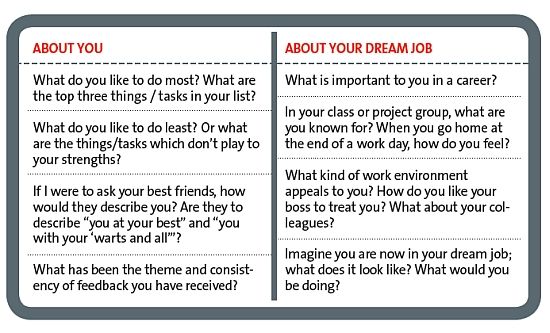 He looks at the castle and sees a strange thickening of bizarre clouds above the high battlements.
He looks at the castle and sees a strange thickening of bizarre clouds above the high battlements.
Write down your dreams too. Maybe one day you'll write a novel that will make Stephen King's hair stand on end.
6. Writing helps you do important things
The dream diary not only unleashes your creativity, but also stimulates logical thinking.
Researchers at Beth Israel Medical Center in Boston conducted an experiment in which subjects had to complete a complex virtual maze for an hour. Then half of them were sent to take a nap for an hour and a half, while the rest rested awake.
After a few hours, the passage of the labyrinth resumed. Those who were awake or dreamless did not show much progress on the task. But those who began to dream about this labyrinth demonstrated no less than a tenfold improvement in the result in its passage. nine0003
According to psychiatrist Allan Hobson, dreams promote memory consolidation and procedural learning. They help to synthesize and process our memories in order to improve survival skills.
They help to synthesize and process our memories in order to improve survival skills.
If you think hard about a task, you may even begin to dream about it. It is possible that you will see its solution in a dream. For example, thanks to the dream he saw, the mechanic Elias Howe invented the sewing machine. Therefore, write down your dreams so that the ideas that suddenly dawn on you do not disappear without a trace. nine0003
Try it 💤
- Our brains can solve problems while we sleep. Here's how it works
7. It's just fun and interesting
Do you really need a reason to write down your dreams? They are interesting in themselves, and transferring them to paper is like creating a book with a unique plot that no one but you will think of. nine0003
People spend almost a third of their lives sleeping. This state itself, of course, is useful and necessary, but sleeping is just so incredibly boring. Therefore, think of dreams as just another entertainment, like a good book or movie.
Practical advice
Keeping a dream diary is a rather personal affair. Everyone decides for himself how he will keep records. But there are a few general guidelines to help you get started.
- Fall asleep with the firm intention of remembering your dreams. nine0160 People who say they never dream are wrong: they simply don't remember them. Therefore, accustom yourself to restore in your memory everything that happened in a dream immediately after waking up.
- Write down your dreams regularly. Ideally, every day. The more notes you make, the easier it will be for your brain to remember dreams.
- Don't put off recording. We forget most of the details of a dream about five minutes after waking up. Therefore, put a notebook next to the bed so as not to run far. A smartphone or tablet is also suitable - you can print with them in the dark. nine0089
- Don't hesitate. The more you try to give your thoughts a graceful form, the sooner you will forget your dream.




